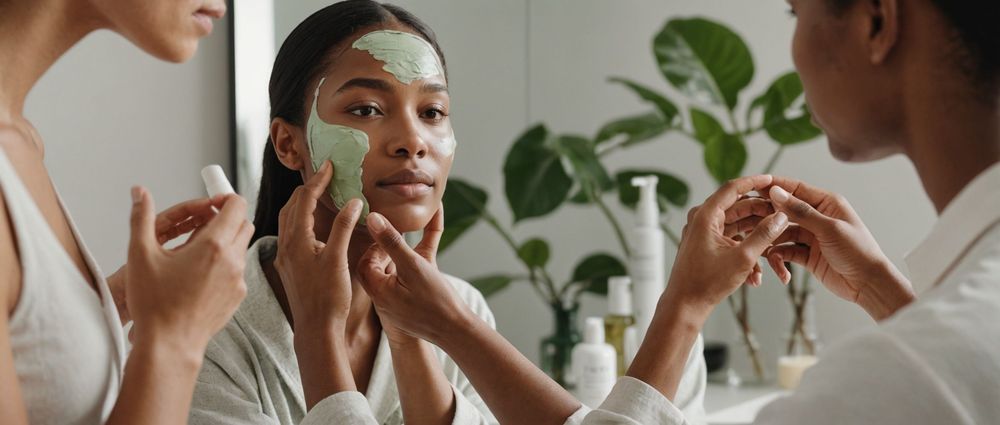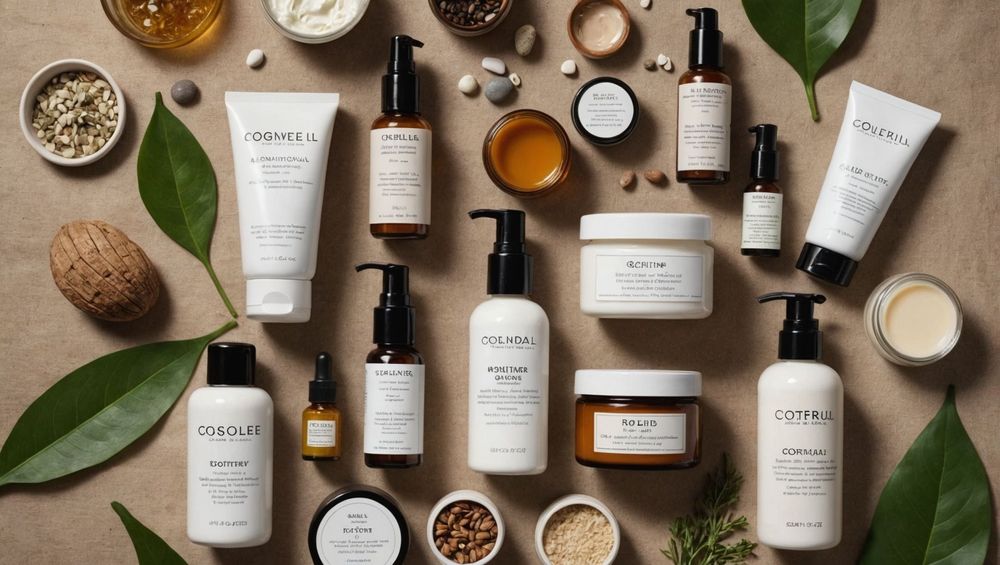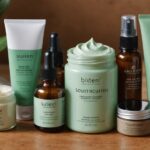When it comes to achieving radiant and healthy skin, selecting the right moisturizer according to your skin type is crucial. Moisturizers not only hydrate your skin but also play a vital role in protecting your skin barrier from environmental stressors. This guide will help you understand your skin type, the types of moisturizers available, and how to curate a skincare routine that best fits your needs.
Understanding Your Skin Type

Before diving into the world of moisturizers, it’s essential to identify your skin type. This knowledge allows you to choose products that cater specifically to your skin’s unique needs. The primary skin types are:
- Oily Skin: Excess sebum production leads to a shiny appearance and may cause acne.
- Dry Skin: Lacks moisture, often feeling tight, flaky, or rough.
- Combination Skin: A mix of oily and dry areas, usually oily in the T-zone and dry on the cheeks.
- Normal Skin: Balanced, neither too oily nor too dry, with minimal imperfections.
- Sensitive Skin: Prone to redness, irritation, or allergic reactions, requiring gentle care.
Identifying your skin type is the first step in ensuring you choose the right moisturizing products, maximizing their benefits, and enhancing your overall skin health.
Choosing the Right Moisturizer for Each Skin Type
After determining your skin type, you can select a moisturizer tailored to your specific needs. Here’s a detailed overview for each skin type:
- Oily Skin: Look for oil-free, non-comedogenic moisturizers. Gel-based formulations can effectively hydrate without adding excess oil.
- Dry Skin: Creams and ointments that contain occlusive agents like petroleum jelly or shea butter are ideal. They help lock in moisture and repair the skin barrier.
- Combination Skin: Lightweight lotions work best, providing hydration without overwhelming the oily areas. Consider using different products for different zones.
- Normal Skin: A balanced moisturizer that offers hydration and nourishment will maintain your skin’s health. Look for products with a blend of humectants and emollients.
- Sensitive Skin: Choose fragrance-free, hypoallergenic moisturizers. Ingredients like aloe vera and chamomile are soothing and can help reduce redness and irritation.
By understanding the specific requirements of your skin type, you can effectively select a moisturizer that enhances your skin’s natural beauty while addressing any concerns you might have.
Incorporating Moisturizers into Your Skincare Routine

Applying moisturizer correctly is as important as choosing the right product. Here’s a routine to help you integrate moisturizing into your skincare ritual:
- Cleanse: Start with a gentle cleanser suitable for your skin type.
- Tone (optional): Use a toning agent to remove any residual dirt and prep your skin for better absorption.
- Apply Treatment Products: If you use serums or treatments, apply these before your moisturizer for maximum efficacy.
- Moisturize: Use a quarter-sized amount of the chosen moisturizer and apply it evenly across your face and neck.
- Sunscreen: For daytime routines, finish off with a broad-spectrum sunscreen to protect your skin from UV damage.
Incorporating these steps will ensure your skin remains hydrated, protected, and rejuvenated, while also allowing you to maximize the effectiveness of each product used.
Tips for Effective Moisturizing
To optimize your moisturizing routine, keep the following tips in mind:
- Always moisturize immediately after cleansing to trap moisture in the skin.
- Consider adjusting your moisturizer with the seasons; lighter lotions may be beneficial in summer, while richer creams are suitable for winter.
- Don’t forget your neck and décolletage; these areas also need moisture and care.
- Pay attention to the ingredient list; avoid products with alcohol and fragrances if you have sensitive skin.
- Reapply moisturizer as needed throughout the day, especially in dry environments or after physical activity.
By following these tips, you enhance the effectiveness of your moisturizer, fostering healthier and more resilient skin over time.
Conclusion
Finding the perfect moisturizer for your skin type is essential for maintaining optimal skin health. By understanding your skin’s specific needs, choosing the right products, and applying them correctly within your skincare routine, you can achieve radiant, hydrated skin. Remember that skin types can change, so periodically reassess your needs and adjust your products accordingly for the best results. Invest in your skincare journey, and you’ll enjoy the benefits of beautiful skin every day.
FAQs
1. How often should I moisturize my skin?
It’s generally recommended to moisturize at least twice daily—once in the morning and once before bed. If your skin feels dry throughout the day, consider reapplying as needed.
2. Can I use the same moisturizer for day and night?
Yes, but some people may prefer heavier or more nourishing creams at night, as skin repair and regeneration occur more actively during this time.
3. Are natural moisturizers better for my skin?
Natural moisturizers can be beneficial, especially for sensitive skin. However, it’s essential to ensure they fit your specific skin type and do not contain allergens or irritants.
4. What if I experience breakouts after moisturizing?
If you notice breakouts, your moisturizer may be too heavy for your skin type, or it could contain ingredients causing pore blockage. Look for non-comedogenic products.
5. Should I moisturize if I have oily skin?
Yes, oily skin still needs hydration to maintain balance and prevent overproduction of oil. Choose lightweight, oil-free moisturizers to avoid excess shine.


